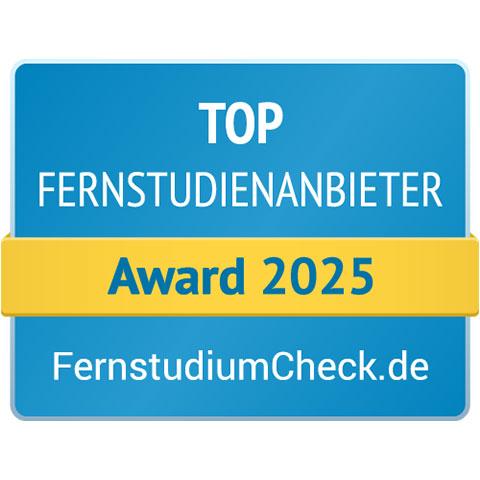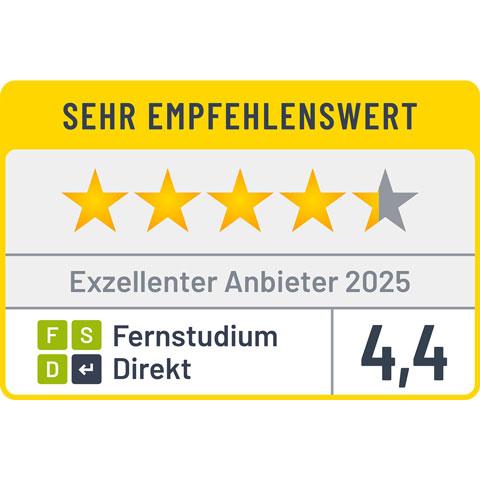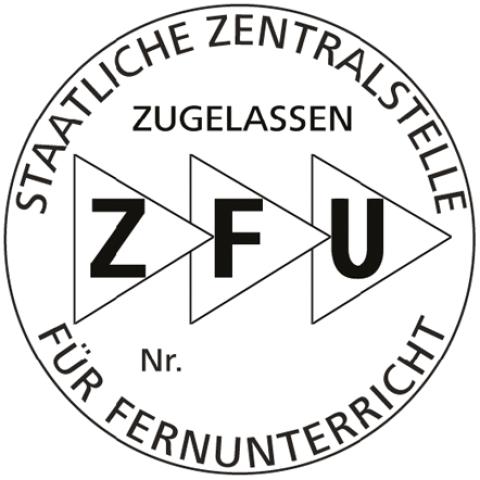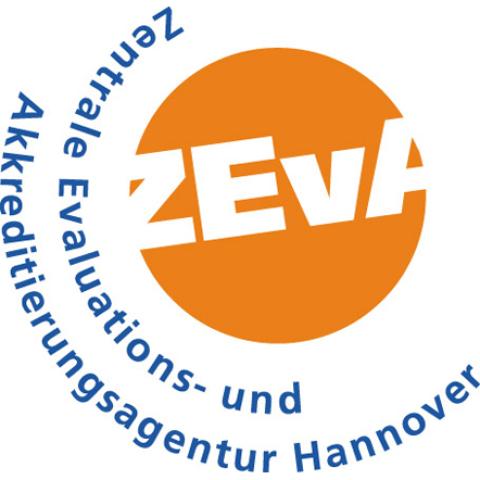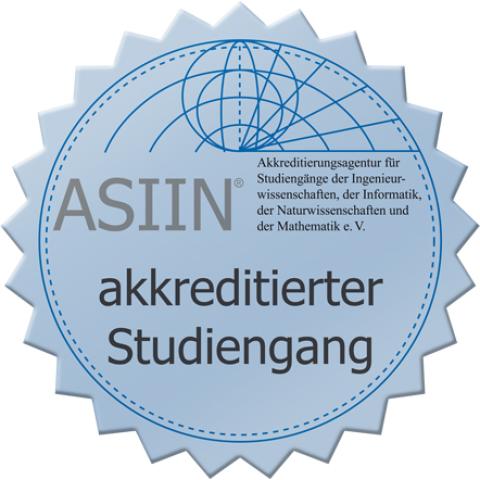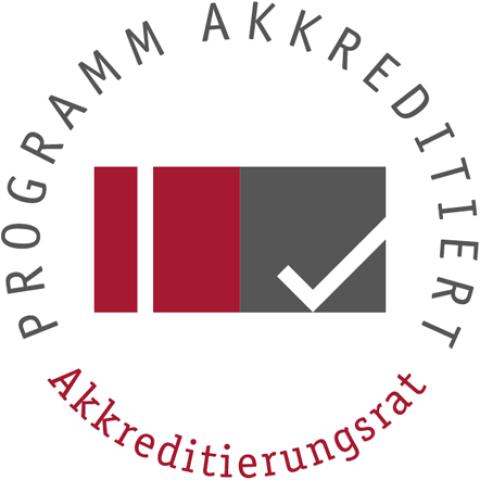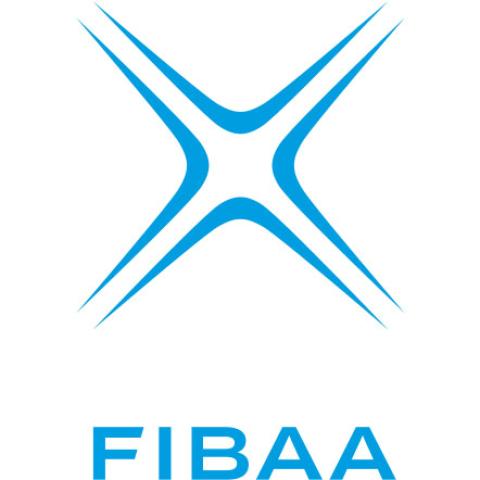From engineer to specialist: master lightweight and composite materials
Lightweight engineering focuses on reducing material weight while maintaining safety, durability and performance, making it essential for industries like automotive, aerospace and e-mobility. This approach offers benefits such as improved fuel efficiency, increased payload capacity, enhanced performance and reduced environmental impact. The demand for lightweight constructions and fibre-reinforced composite materials is projected to continue growing in the coming years.
Our study programme highlights the uses of carbon fibre reinforced plastics (CFRP) and glass fibre reinforced plastics (GFRP). Located at the Stade Technology Centre, you will furthermore have unique networking opportunities with companies such as Airbus and the Fraunhofer Institute. Part-time study options are available for employed students.
The programme is designed for students with a background in engineering or mathematical sciences and at least one year of work experience.
Degree
Master of Science
60 ECTS (Part-Time)
90 ECTS (Triple-Award)
Entry requirement
Degree in Engineering or Mathematical Science with above-average marks and at least one year of field-related professional experience.
Length of study
3 semesters (1.5 years)
Tuition fees
€1,190 per month plus €34.80 external fees
€500 admin fee (one-off), waived for EU citizens
€500 enrolment fee (one-off)
€1,000 examination fee (one-off)
Study location
Stade (near Hamburg)
Start dates
October 1st each year
Study content
We want to equip our students with the knowledge and skills that will provide a smooth transition into the German industrial sector. Today's industry expects engineers to have more than just technological expertise. In addition to lightweight engineering and composites, our programme includes courses in management, automated manufacturing processes, digital factory planning and circular economy. On the technical side, you will learn about the production of composite materials and their applications in constructions.
Because we believe that theoretical knowledge is good, but understanding why you need it is just as important, we create a good balance between theory and practice. This means that the theory that we cover has a connection to its practical application. That way, you will also have the opportunity of being directly employed in the field.

Module 1: Consolidation of Mathematical and Engineering Science Principles
Students gain a deeper understanding of engineering concepts, enabling them to analyse complex problems, evaluate composite material behaviour and assess calculation results. They develop skills in predicting material behaviour under stress and effectively communicating technical issues within a team.
Module 2: Structural Design of Composite Materials
Students will learn about the design philosophy of damage-tolerant structural behaviour, where structures are designed to sustain damage without catastrophic failure. They also study non-linear structural design to gain a detailed understanding of the mechanical behaviour of pre-damaged composite structures.
Module 3: Sustainable Process Optimisation
In this module, students will analyse and evaluate the risks and opportunities of serial production of composite structures from technical, economic and sustainable perspectives, and use digital factory planning simulation models to optimise manufacturing processes. They gain in-depth knowledge of digital factory planning and responsible environmental practices, while also developing skills in teamwork, communication and conflict resolution through hands-on lab work with composite materials.
Module 4: Management Accounting
In this module, students learn how to plan, manage and adapt business processes and strategies in response to changes in the environment, with a focus on maintaining financial stability and maximising profits. They also develop expertise in strategic and operational controlling, risk management and making financial decisions under uncertainty, applying these skills through business management simulations.
Module 5: Partial Automatic and fully Automatic Manufacturing Processes
Students learn to identify key parameters in assembly logistics for automated manufacturing and optimise production inputs. They gain practical knowledge of quality assurance methods and evaluate their effectiveness in the production and use of composite structures.
Module 6: Design of Multifunctional Composite Structures
Students will learn about the key certification regulations for modern composite structures and apply these to lightweight structures. They learn to design and create composite material structures, combining them with metallic structures into hybrid systems and to create adaptive composite structures with high virtual stiffness.
Module 7: Master´s Thesis and Defence
Am I eligible for the Lightweight Engineering & Composites Master's degree programme?
Admission requirements
- A Bachelor’s degree in engineering or mathematical science with an above-average grade.
- At least one year of field-related professional experience.
Language requirements
- English proficiency at a minimum level of B2 (CEFR), to be certified with:
- English language certificate: TOEFL iBT score 87, IELTS score 6.5, Duolingo score 120, LanguageCert Academic score 70 or equivalent.
- Alternatively, a document stating that the medium of instruction for your Bachelor's course was English.
Career opportunities
A Master of Science in Lightweight Engineering & Composites will give you a cross-industry qualification enabling you to undertake management tasks in activities related to fibre composites. It will, for example, open up excellent career prospects in aircraft construction, automotive engineering, machine construction, ship and yacht building, railway vehicle and wind turbine construction.
-
Fibre Composite Engineering / Lightweight Construction
A fibre composite engineer designs and manufactures structures using fibre-reinforced composites. They select materials, conduct structural analyses and manage manufacturing processes to ensure optimal strength-to-weight ratios. Their role includes testing and evaluating composites for various applications in industries such as aerospace and automotive. They also innovate new materials and methods, working with cross-functional teams to bring projects from concept to production.
-
Aerospace Engineering
Aerospace Engineering is an engineering discipline that uses, among other things, principles from Materials Engineering, for which you will be an expert after studying Lightweight Engineering & Composites. As an aerospace engineer, you will develop aeroplanes, helicopters or spacecraft. Your task will be to create the lightest possible aerodynamic aircraft and optimise it by using the most modern materials. You can work in the specialised fields of construction and product development, among others.
-
Product Development
As a product developer, you design technologically oriented products from the consumer and capital goods industry. From the product idea to the market launch, you will guide and accompany the development process. You will also work with existing products by improving or adapting them. Product developers find employment in different industries. In addition to engineering expertise, you should also bring creativity, business know-how and the ability to work in a team.
-
Entrepreneurship
With this Master’s degree, you will qualify for managerial positions in companies. Or perhaps you have an idea for your own start-up? Maybe you want to use your materials science knowledge to develop better and more advanced lightweight products? Specialisation in Lightweight Construction and Carbon Fibre Engineering could help you here.
-
Mechanical Engineering
As an engineer specialising in composites, you can comfortably find employment as a mechanical engineer. This engineering discipline deals with the design and production of machines. As an engineer for materials technology, you can work in the field of mechanical engineering in research, development, production and optimisation of materials that are required for the construction of machines, systems and devices. Classic areas of application are plant and mechanical engineering, metal construction as well as electrical and vehicle construction.
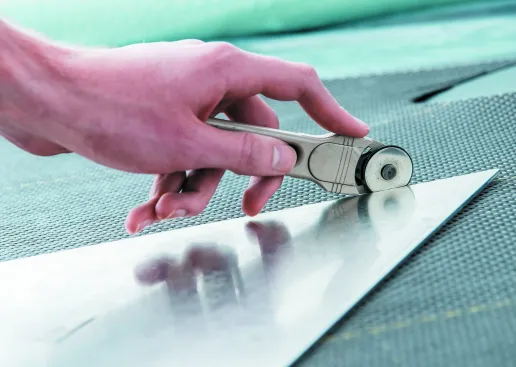
Job Guarantee
Since there are plenty of job openings in the German job market, we are confident our students will find jobs quickly after they finish studying. That's why we're offering a 20% refund on full tuition fees if they don't land a job within 9 months of graduating.
To be eligible for the refund, the student must have:
- successfully completed their studies within the regular study period,
- shown proof of a B2 level German language proficiency in the form of a certificate,
- defended their Master’s thesis in German.
- achieved a minimum thesis grade of 2.5.
Studying in Stade
Our Hanseatic campus is located in the middle of the CFK Valley, Stade. In addition to modern workshops, laboratories and seminar rooms, the university has its own canteen and invites you to linger in the greenery around the campus buildings in good weather.

Choose your path
Triple-Award Programme (full-time)
This is the general full-time study programme (90 ECTS) designed for international students. Today’s engineers are expected to not only possess technological knowledge but also to bridge the gap between business and engineering. Due to the fact that we aim to equip our international students with the necessary skills and knowledge to meet the demands of the German industry, the triple award programme includes additional courses in Management as well as intensive German language courses. Because German is the main language for internal communication in German companies, we highly encourage you to gain at least basic German language skills.
Part-time programme
The part-time programme in Lightweight Engineering & Composites is designed for engineers who are currently working in Germany and wish to specialise in this field. This version of your studies carries 60 ECTS. You will have four lecture blocks, each with a duration of 16 days as well as a weekend course ending with assignments and tests. You will finish your studies with a Master’s thesis and an oral defence. The study content of the part-time programme is the same as the core content of the full-time programme.
Receive more information

Experts at PFH
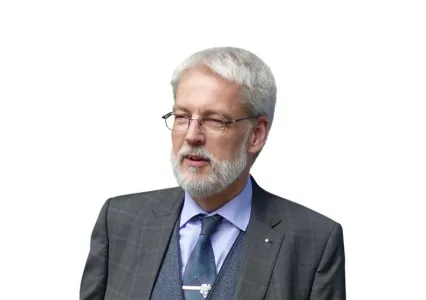
Among other positions, Wilm Unckenbold has been the managing director of INVENT and is currently a freelance engineer. At PFH, Unckenbold was Vice President for Technology and Continuing Education from 2015 to May 2025.
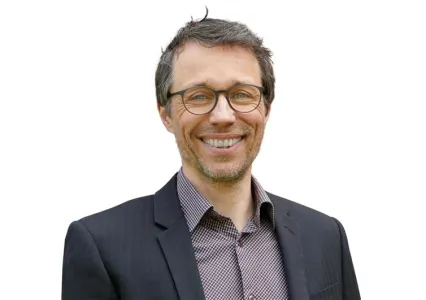
Marc Siebert founded SPIN Siebert & Schörner GbR for the development of ultra-light bicycle frames and components made from fibre-reinforced plastics. He has been a professor at PFH since 2008 and was appointed Vice President for Technology at PFH in June 2025.

Nikolay Avgustinov, born in 1960, began his scientific career studying mechanical engineering at Sofia Technical University. He graduated as an engineer in 1985 and was subsequently employed as a research assistant at Sofia Technical University.
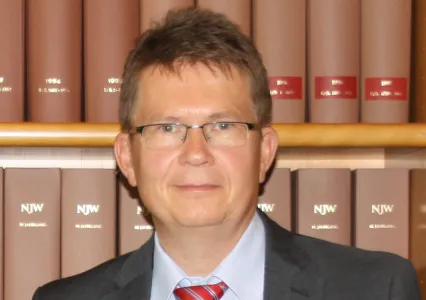
After completing his doctorate, Richard Degenhardt worked as a structural engineer. In addition to his professorship at PFH, he is currently working at the Institute for Composite Structures and Adaptive Systems at the DLR.
FAQ – the most frequently asked questions
At PFH University, you can apply at any time.
- Application form via our website
- Curriculum Vitae (CV)
- Letter of motivation
- School leaving certificate (University Entrance Certificate)
- Bachelor's degree certificate (or provisional certificate, if not yet awarded)
- Transcript of records for your Bachelor's degree
- Proof of English proficiency (minimum B2 level)
- English language certificate: TOEFL iBT score 86, IELTS score 6.5, LanguageCert Academic score 70, Duolingo or equivalent.
- Document stating that the medium of instruction of your Bachelor’s course was English.
- Proof of one year of work experience, such as an official written statement from the company.
- For applicants of Lightweight Engineering & Composites: at least one year’s work experience in Engineering or Engineering-related fields is mandatory
- Copy of passport
- Digital photo for your university card
- Chinese, Vietnamese, and Indian students must obtain an APS Certificate from the Academic Evaluation Center to complete the admission process.
Yes, you will need proof of advanced English language skills, e.g., Bachelor’s taught in English, TOEFL iBT score 86, IELTS score 6.5, LanguageCert Academic score 70, Duolingo or equivalent.
If you are a citizen of a country in the EU, EEA or Switzerland, you do not require a visa or other documentation to enter Germany and study here. However, once you arrive and find accommodation, you must register with the local residents’ registration office.
If you come from a country other than the ones named above, you will require a visa. For more information specific to your home country, please visit the Federal Foreign Office website.
At PFH University, we offer international students three types of scholarships:
- STIBET-Programmes
- DAAD Prize
- Deutschland Stipendium/Germany Scholarship
For more information on each of the scholarships, click here.
During your studies, you are generally allowed to do 120 full days or 240 half-days of paid work and take small student jobs. In exceptional circumstances, your local Foreign Office may impose further restrictions.
International students coming to Germany have two options when it comes to accommodation: student halls of residence and private accommodation. For more information, you can visit the Accommodation Finder of the Federal Ministry of Education and Research or contact our International Office.
When you compare Germany to other European countries, you’ll find that it’s not very expensive. The living costs are just slightly higher than the EU average, with rent being the largest expense. On average, students in Germany spend around 850 EUR per month (750 EUR in Göttingen for the management degree).


